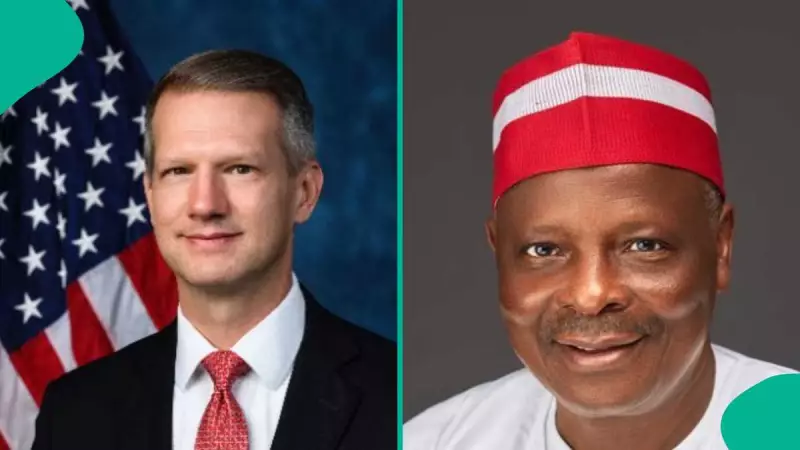
Kano State Governor Abba Kabir Yusuf has issued a strong response to allegations made by United States Congressman John James, who accused former governor Rabiu Kwankwaso of implementing Sharia law in ways that allegedly violate religious freedom.
Political Tensions Reach International Stage
The controversy emerged when Congressman James, representing Michigan's 10th District, raised concerns about Kwankwaso's influence on current Kano leadership and the implementation of Islamic law in the state. The allegations come at a sensitive time when former US President Donald Trump has threatened to withhold aid from countries restricting religious freedom if re-elected.
Governor Yusuf's Firm Rebuttal
In his response, Governor Yusuf dismissed the Congressman's claims as "misinformed" and lacking proper understanding of Kano's cultural and religious context. The Governor emphasized that Sharia law in Kano has been implemented with respect for all religious communities and constitutional provisions.
"The people of Kano have peacefully coexisted for centuries, respecting each other's religious beliefs," Yusuf stated. "Our implementation of Sharia respects Nigeria's constitutional framework and protects the rights of all citizens."
Background of the Controversy
The political drama involves several key figures:
- Rabiu Kwankwaso: Former Kano governor and leader of the New Nigeria Peoples Party (NNPP)
- Abba Yusuf: Current Kano State Governor and Kwankwaso's political protégé
- John James: Republican Congressman from Michigan
- Donald Trump: Former US President whose statements have raised concerns about future foreign aid policies
Implications for US-Nigeria Relations
The exchange highlights growing international scrutiny of Nigeria's internal affairs, particularly regarding religious freedom and governance in Northern states. With Trump's potential return to power, Nigerian states implementing Sharia law face possible diplomatic and economic consequences.
Governor Yusuf assured that Kano remains committed to peaceful coexistence while maintaining its cultural and religious identity. He called for better understanding between international observers and local communities to prevent misinformation from damaging relationships.
The situation continues to develop as both domestic and international observers monitor how religious freedom issues might affect Nigeria's relationship with the United States, particularly if policy changes occur following the upcoming American elections.





